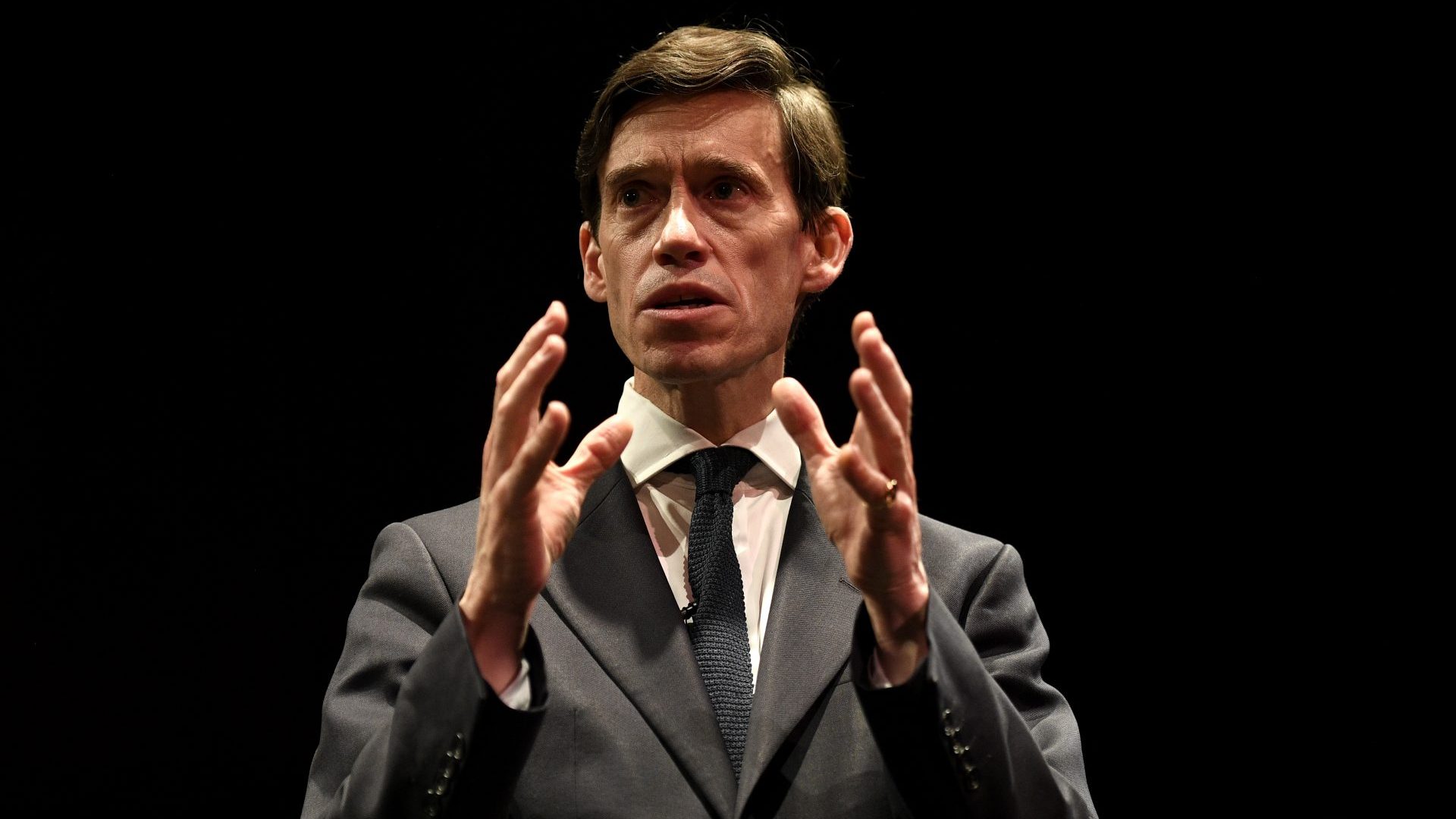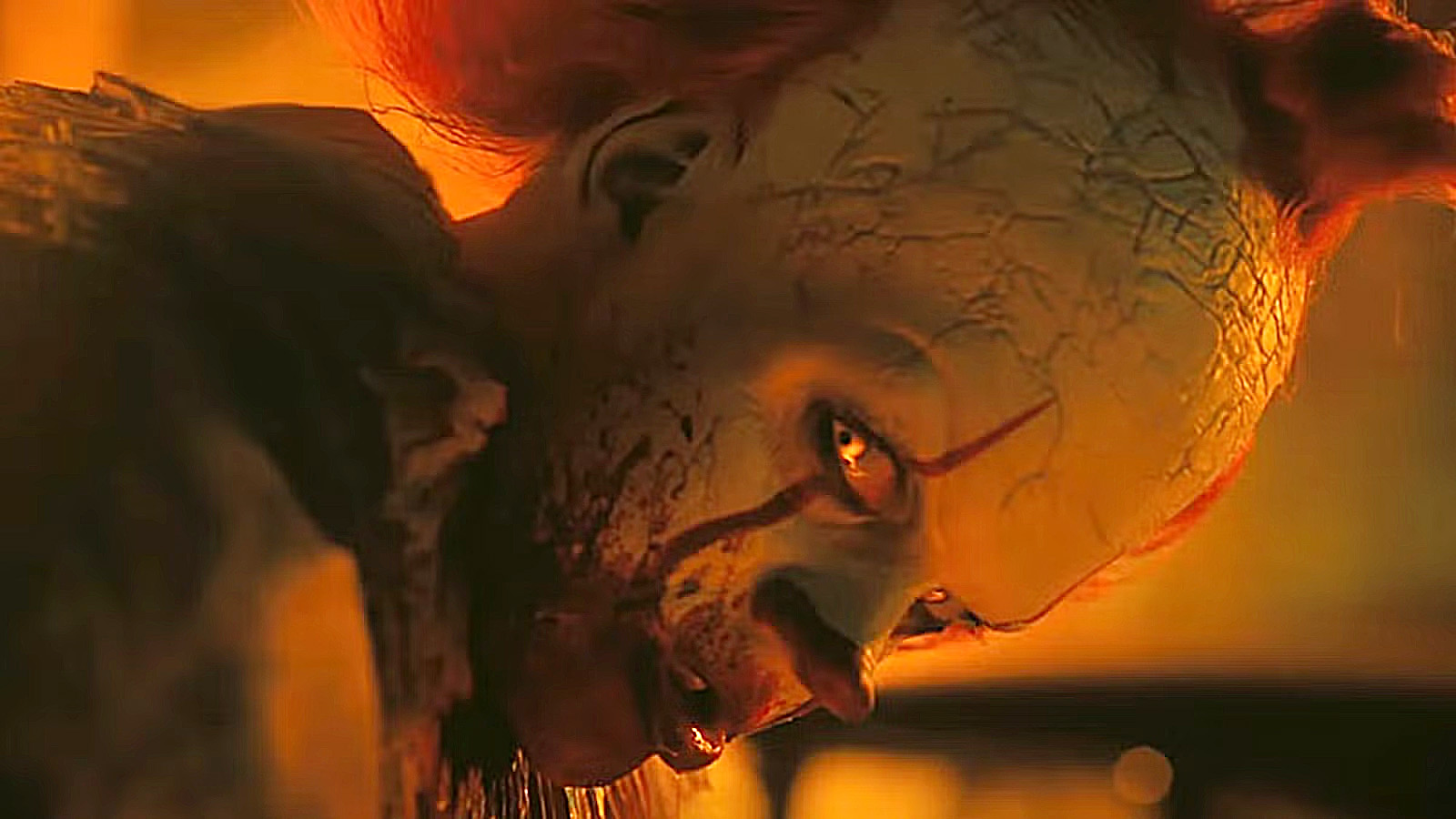When I sat down to watch Sally Wainwright’s Riot Women, I was expecting Full Monty-esque levels of enjoyment. But in no way was I expecting this tale of a mid-life punk band to be the best thing I’ve watched this year.
The entire show is a punch in the guts, with an amazing soundtrack. It opens with Beth (Joanna Scanlan) with a noose around her neck and cuts to Kitty (Rosalie Craig) preparing to off herself too – she’s in Morrisons, swigging vodka, taking pills and cutting open knife packaging with another knife as Garbage blare away in the background.
Wainwright pays witness to women’s experiences and bonds and does not shy away from medically induced perimenopausal female rage. As Beth quips, “and you thought the Clash were angry?”
The Riot Women come from Hebden Bridge, a motley crew of five friends and family brought together by local landlady, matriarch and all-around instigator Jess (Lorraine Ashbourne) to form a punk band for a local school’s talent show to benefit refugees. She has her own storyline of resentment and abandonment by a sex pest of an ex-husband.
As the Riot Women take up instruments, we are introduced to the myriad of commitments and responsibilities they face, sandwiched between needy adult children, grandkids, employers, ex-husbands, lovers, and colleagues, as well as dementia-ridden parents with never so much as a cup of tea or a thank you. Wainwright creates a world of flawed women whose screams aren’t being heard.
These are women deemed invisible unless something is needed of them. Women who have spent their whole lives serving those around them yet have very little to show for it. Riot Women is for each of them, for their enjoyment, for their rage and their ability to defy expectations.
Suggested Reading


Are the movies finally getting mental illness right?
Wainwright had all of her cast actually learn to play their instruments, and it is details like that that add to the realism of the performances – that and Rosalie Craig’s incredible voice and stage presence, memorably seen in the West End in Marianne Elliott’s gender-swapping revival of Stephen Sondheim’s Company.
Much of the show is based around the layers and complications of their collective experiences, along with the long-lasting ramifications of lifetimes of being sexually exploited and taken advantage of across the board. Finding a musical outlet for performing is one thing, but turning those experiences into song provides an outlet that is a lifeline to all of them.
On bass guitar, Holly (Tamsin Grieg) is the police officer called to Kitty’s Morrisons breakdown on her last day before retiring. Her own plot line explicitly deals with police brutality and exploitation for sexual gain within the confines of the constabulary.
My first introduction to Riot Women was via a clip of Holly addressing what would happen if a male police colleague was groped by another male officer. In a conversation with her ex-husband – now at the top of the force – she expertly addresses the double standard of how abused men are treated compared with women. “The truth is that it is a tough job,” he says, “and not unlike the church, it does have the unfortunate propensity now and then to be fatally attractive to the wrong sort.”
One such is Rudy (Ben Batt), the emboldened and hateful antagonist who radiates the energy of Wayne Couzens and David Carrick, Met officers who were members of the diplomatic and parliamentary protection unit and are now convicted sex offenders serving life sentences. Batt’s powerful (and painful to watch) abusive performance brings to life the heinous ways policing protects their own from accountability or prosecution.
His scenes with Nisha, a younger police officer played by Taj Atwal, are shocking but necessary. The dramatisation of very real acts that female officers have experienced (as documented in the Casey Review) will thankfully bring further awareness to a wide audience that will not have seen or read the specifics of what policewomen have been subjected to.
Together with dramatisations of real cases (Mr Bates vs the Post Office), fictionalised screenplays like Riot Women that are informed by real experiences play a crucial role in public awareness. And this brutal portrayal of police abuse and power is the most mainstream depiction I have seen since becoming a campaigner for women’s safety and police reform after Sarah Everard was killed.
I keep going back to the opening 30 minutes of the show, where the culmination of being ignored and invisible is culminating in two women attempting to take their own lives and actualise their own invisibility. In sharing their stories and rage, Sally Wainwright has made real-life experiences more palpable and made me and my rage feel very seen.
Riot Women is streaming on iPlayer.
Jamie Klingler is the co-founder of Reclaim These Streets




